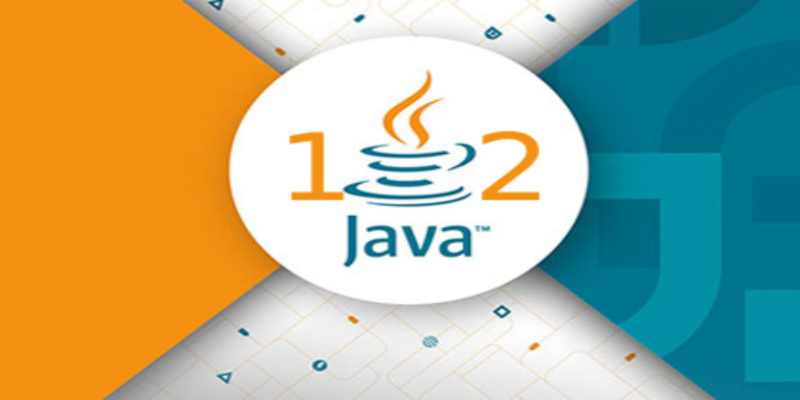
Java 12 Is Out: All That You Need To Know About This New Version
Java is one of the most widely used software development languages for web and enterprise applications. Besides being acclaimed for its simplicity, versatility, portability, and robustness, it is also well-known for the consistent updates and improvements it brings. In fact, Java has an accelerated 6-month release cadence, which means that new features are added to the table twice a year.
Keeping pace with the version upgrades is challenging but there are always the benefits that improvements augur. The latest one is Java 12, which has been released in March 2019. If you are planning to invest in Java web application development or already have an existing one, here is all that you need to know about this new version.
Shenandoah- A low-pause-time garbage collector
An experimental feature, Shenandoah is a garbage collection algorithm which aims to ensure low response times for the application. The algorithm allows the running of programs in the available memory and is optimized nor to cause an interruption in a running program for more than a few milliseconds. It cuts down the GC pause times by simultaneously doing the evacuation work along with the running Java threads. As a result, pause times do not depend on the heap’s size and are consistent irrespective of the size of your heap.
G1 improvements
Java 12 brings two updates for G1, the default garbage collector. These include:
-
Abortable Mixed Collections for G1 which makes G1 mixed collections abortable in case they exceed the pause target. With the current version, G1 exceeds the pause time goal because the analysis engine used for collection does not allow it to stop till all the live objects in all the regions of the collection set are collected.
-
Promptly Return Unused Committed Memory from G1 is the second update. It focuses on bringing enhancement in the garbage collector by returning Java heap memory automatically to the operating system while G1 is not being used.
Microbenchmark Suite
This new feature brings a suite of microbenchmarks, which are approximately 100 in number, to the JDK source code. This renders simplicity into the creation of new microbenchmarks as well as the running of the existing ones. Overall, the feature aims to make things simpler and easier for Java developers.
Switch Expressions
Another improvement that comes with this Java version is switch expressions, which aims to extend the switch statement. This is a multi-way branch statement which gives an easy way for dispatching execution to various parts inside the code on the basis of the value of the expression. With this coding is simplified as developers can use switch either as an expression or a statement. This expansion is currently available in preview mode.
JVM Constants API
The version introduces an API that can be used for modeling of key class-file and run-time artifacts. The API includes classes such as MethodTypeDesc, ClassDesc, DynamicConstantDesc, and MethodHandleDesc. It will be useful for the tools which manipulate Java classes and methods.
One AArch64 port, not two
Java 12 will have only one port, rather than two, for the ARM 64-bit processors (aarch64). With this, it will be possible to delete the entire arm64 port-related sources, even while retaining the 32-bit ARM port and the 64-bit aarch64 port. The focus will be shifted to a single 64-bit ARM implementation, which will cut down the duplicate work required for maintaining two ports. The current JDK 11 implementation has two 64-bit ARM ports.
Conclusion
These features and improvements will surely be appreciated by every single developer and Java development company India and abroad. The version will not only simplify the developers’ job but also enable better performance for the applications as well. With such big expectations from this new brand new version, migration becomes a feasible move for businesses. Moving to the new version should however be handled by experts. Java India is a leading name in Java and J2EE development that you can trust for creating new Java 12 applications as well as migrating the existing ones to this version. Share your requirements with us to get started!

